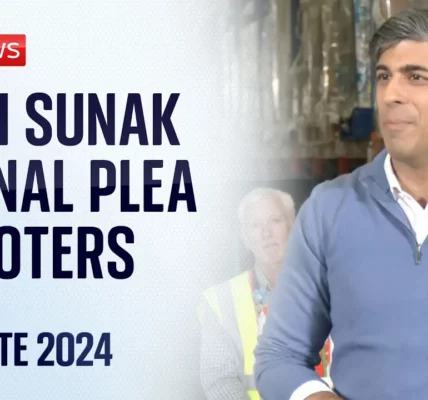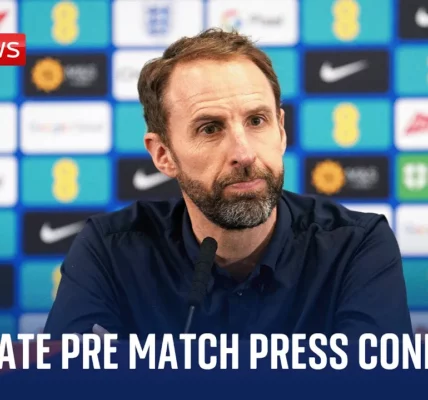Regional Tensions: Israel, Hezbollah, and Global Political Dynamics

This article delves into the complex interplay of regional conflicts involving Israel and Hezbollah, the responses from global leaders, and the broader implications for international relations and security.
Introduction
The geopolitical landscape surrounding Israel and Hezbollah has become increasingly charged, with significant implications not only for the region but for global stability. In recent discussions, world leaders have called for ceasefires and resolutions to escalating tensions, yet the Israeli government maintains a stance of necessity in its military actions. This article will explore the recent developments in this ongoing conflict, the international community’s reaction, and the broader context of global political dynamics that influence these events.
The Current State of Affairs in Israel and Hezbollah
The ongoing conflict between Israel and Hezbollah has led to a precarious situation in the region. As tensions rise, both parties are engaged in a strategic battle for territorial control and influence.
Hezbollah’s Rocket Attacks
Recent rocket attacks from Hezbollah have displaced tens of thousands of Israelis in northern Israel. This aggression is closely tied to the situation in Gaza, with Hezbollah declaring that any ceasefire must be contingent upon a similar agreement in Gaza.
The Israeli Response
The Israeli government views its military operations as vital to countering Hezbollah’s capabilities, particularly its communication networks and arsenal. This perspective emphasizes a limited window of opportunity to act before Hezbollah can rebuild its strength.
International Reactions and Calls for Ceasefire
As the conflict intensifies, international leaders have gathered, notably at the UN Security Council, to discuss potential resolutions.
Global Leaders’ Stance
Countries around the world are urging Israel to consider a ceasefire, with 21 nations collectively calling for a 21-day pause in hostilities. However, the Israeli government’s response has been largely one of silence, prioritizing military objectives over diplomatic overtures.
The Role of the UN
The UN’s effectiveness in these matters has been questioned, with some leaders emphasizing the need for reform within the Security Council. The ongoing instability highlights a significant challenge for international governance in conflict resolution.
The Broader Context: Ukraine and American Politics
The situation in Israel is not occurring in isolation; it is part of a larger tapestry of global conflicts, including the prolonged war in Ukraine.
Impact of American Elections on Global Stability
As the U.S. approaches its elections, the outcomes may significantly impact international support for Ukraine and, by extension, global political dynamics. A potential Trump presidency raises concerns over continued U.S. support for Ukraine, which could embolden adversaries like Russia.
Challenges Faced by Ukraine
Ukraine’s ongoing struggle against Russian aggression highlights the interconnectedness of global conflicts. As the war drags on, the reliance on American support is paramount, and any changes in that support could have dire consequences for Ukrainian morale and military efficacy.
Conclusion
The tensions between Israel and Hezbollah serve as a reminder of the fragile nature of peace in the region, amplified by global political currents. The calls for a ceasefire highlight the urgent need for diplomatic resolutions, but the Israeli government’s current military objectives complicate the path forward. As global leaders continue to navigate these complex issues, the importance of international cooperation and effective governance remains paramount. We encourage readers to stay informed about these developments and consider the broader implications for world peace.
“`




